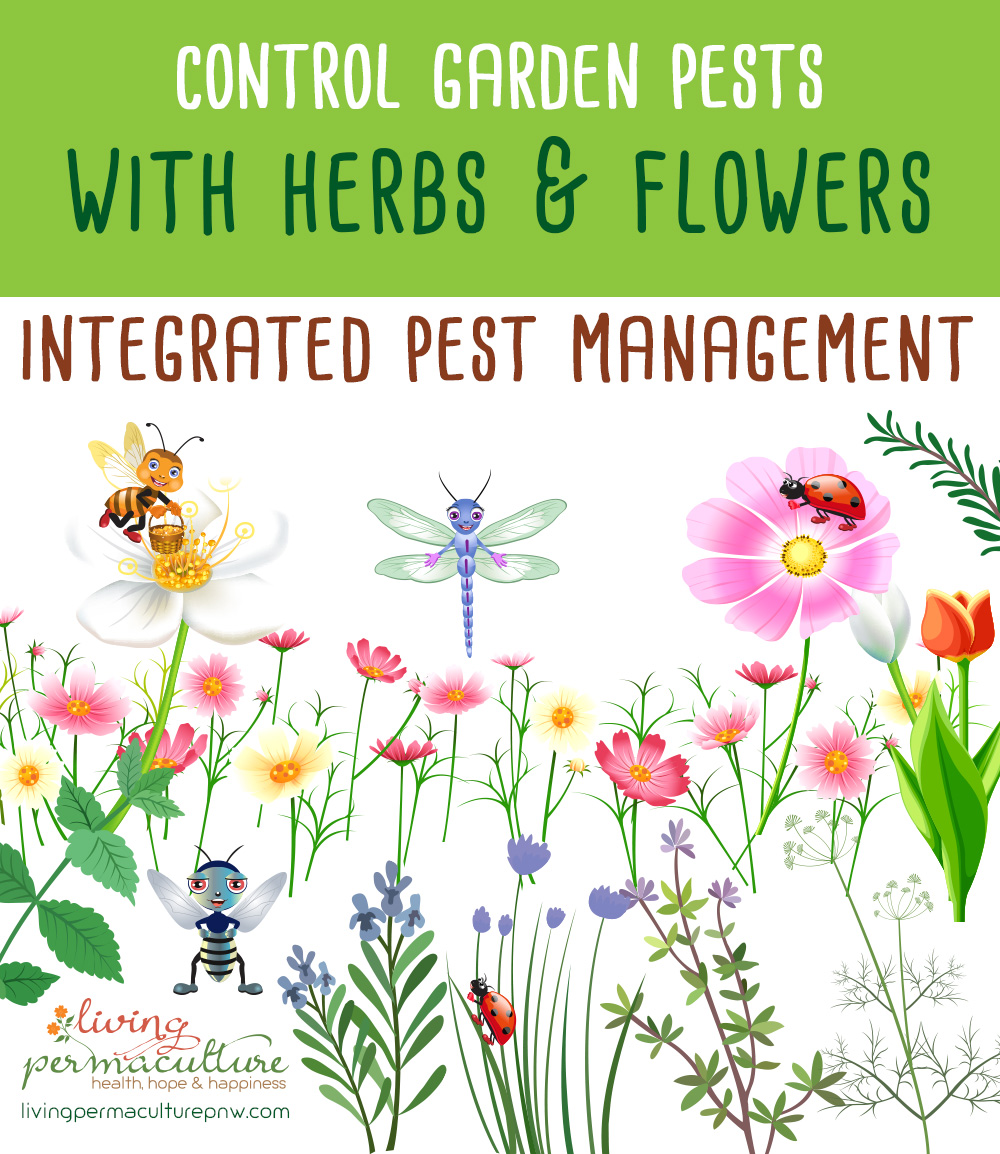Gardening is a fun and rewarding hobby. But, pests can be a big problem. They can damage your plants. Many people don’t want to use chemicals in their gardens. So, how can you manage garden pests naturally?
Why Choose Natural Methods?
Natural methods are safer for you and the environment. Chemicals can harm helpful insects, too. They can also get into the soil and water. Natural methods are better for your garden’s health.
Identify the Pests
First, you need to know what pests are in your garden. Different pests need different treatments. Look for signs of damage. Check the leaves, stems, and soil. You might see holes in leaves or chewed stems.
Common Garden Pests
- Aphids
- Slugs and Snails
- Caterpillars
- Whiteflies
- Spider Mites
Natural Pest Control Methods
There are many natural ways to control pests. Here are some methods you can try.
1. Handpicking
Handpicking is simple but effective. Look for pests on your plants. Pick them off and drop them into soapy water. This works well for larger pests like slugs and caterpillars.
2. Using Beneficial Insects
Some insects are good for your garden. They eat pests. Ladybugs eat aphids. Praying mantises eat many types of pests. You can buy beneficial insects online or at garden stores.
3. Natural Sprays
Natural sprays can help keep pests away. You can make your own sprays at home.
| Spray | Ingredients | How to Use |
|---|---|---|
| Soap Spray | Water, Dish Soap | Mix 1 tbsp soap with 1 quart water. Spray on plants. |
| Garlic Spray | Garlic, Water | Blend garlic with water. Strain and spray on plants. |
| Neem Oil Spray | Neem Oil, Water | Mix neem oil with water. Spray on plants. |
4. Barriers And Traps
Barriers and traps can keep pests away. Copper tape can stop slugs and snails. Sticky traps can catch flying insects. Row covers can protect plants from many pests.
5. Healthy Soil
Healthy soil helps plants resist pests. Add compost to your soil. This gives plants the nutrients they need. Healthy plants are less likely to be damaged by pests.
Companion Planting
Companion planting means growing certain plants together. Some plants help keep pests away. Here are some good companions:
- Marigolds: repel many pests
- Basil: keeps away flies and mosquitoes
- Mint: deters ants and aphids
- Chives: repels Japanese beetles

Credit: livingpermaculturepnw.com
Rotating Crops
Rotating crops means planting different plants each year. This helps stop pests that live in the soil. They won’t find their favorite plants every year. This keeps their numbers down.
Frequently Asked Questions
What Are Natural Pest Control Methods?
Use neem oil, diatomaceous earth, and beneficial insects to manage garden pests naturally.
How To Attract Beneficial Insects?
Plant flowers like marigolds and daisies. These attract beneficial insects that prey on garden pests.
Can Neem Oil Harm Plants?
Neem oil is safe for plants when used correctly. Follow instructions to avoid over-application.
How Does Diatomaceous Earth Work?
Diatomaceous earth dehydrates and kills pests by damaging their exoskeletons. Sprinkle it around plants.
Conclusion
Managing garden pests naturally is possible. Use handpicking, beneficial insects, and natural sprays. Try barriers, traps, and healthy soil. Companion planting and crop rotation also help. Your garden can be healthy and pest-free without chemicals.

Credit: artemisthai.com
FAQs
Q: How do I identify garden pests?
A: Look for damage on leaves and stems. Check for holes, chewed parts, or discoloration.
Q: What are beneficial insects?
A: Beneficial insects eat pests. Examples include ladybugs and praying mantises.
Q: Can I make my own pest sprays?
A: Yes, you can use soap, garlic, or neem oil to make sprays.
Q: What is companion planting?
A: It’s growing certain plants together to keep pests away.
Q: Why should I rotate crops?
A: Rotating crops helps stop pests that live in the soil.
